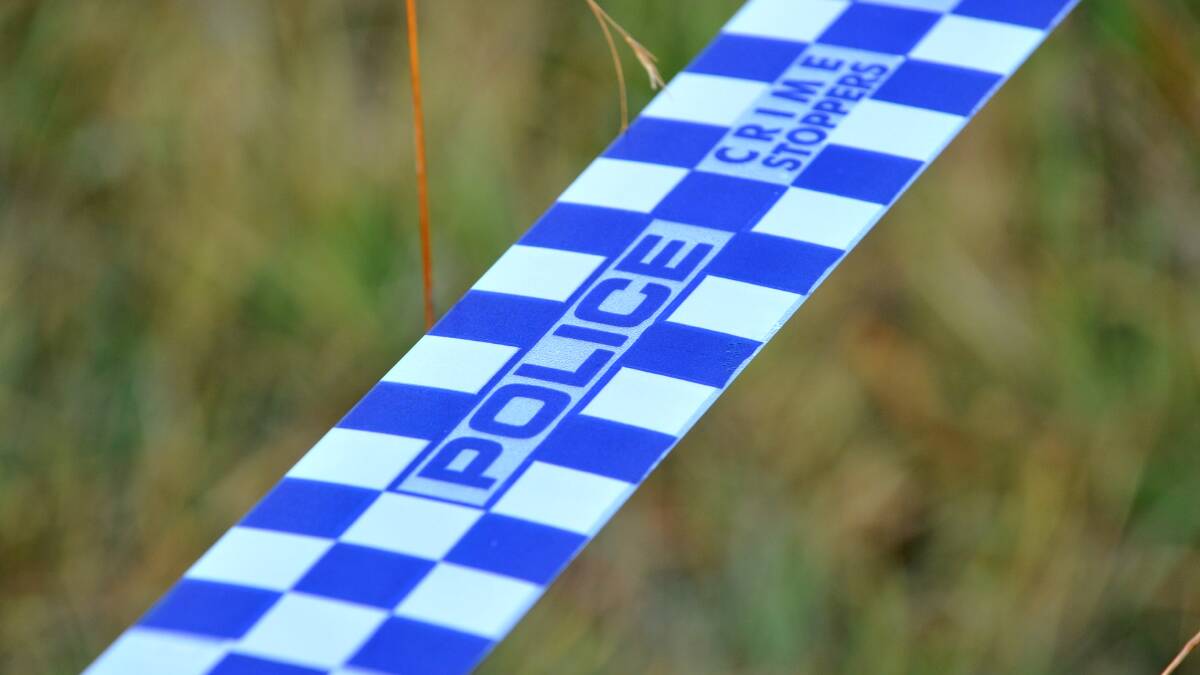Subscribe now for unlimited access.
or signup to continue reading
ICE presents a fresh set of challenges for police.
Sergeant Mick Peckham from the Central Victorian Response Unit said violence often went hand-in-hand with ice use.
"I've been around long enough to have policed during the issues we had surrounding heroin and now I compare that to the issues we have surrounding methamphetamine," he said.
"People (on ice), as a general rule, are really difficult to deal with because they do become aggressive.
"They do become violent towards police and very hard to reason with.
"And, unfortunately, the front line police who have to deal with the domestics and the assaults and the unsocial behaviour that people affected by this drug display are placed in unenviable positions.
"They have these violent, confrontational people presenting before them.
"It's certainly difficult."
The state government this week announced it would invest $34 million over four to expand drug and alcohol treatment services and tackle the use of illicit drugs including ice.
The funding is targeted at the Gippsland, Grampians and Hume regions as well as outer metropolitan regions but will help facilitate the expansion of early intervention programs state-wide.
Mental Health Minister Mary Wooldridge said the funding would support services for more than 2000 extra people a year in rural and metropolitan areas in response to growth in the use of ice and other drugs.
Sergeant Peckham welcomed the funding announcement.

"I think the issue is one that is more than just the police to deal with," Sergeant Peckham said.
"It is the responsibility of health agencies, it is police, it is any person who is affected by it - so any assistance, from any area, is certainly needed and certainly appreciated.
"For us to make an impact into the effects ice, of the ice problem, we need everything we can get."

